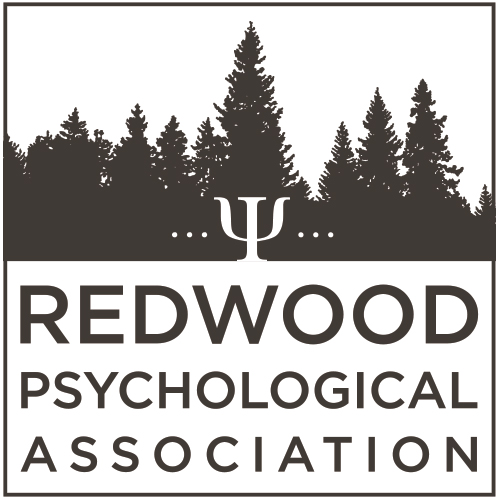Skills for Psychological Recovery (SPR) Training: An extension of Psychological First Aid
Thursday, October 4 & Friday, October 5, 2018, 8:30 AM – 4:30 PM
2-DAY TRAINING: Only $40 per person – 12 CE Units!
Includes: Training on Thursday & Friday, boxed lunches both days, and follow-up tele-consulting sessions
PRESENTERS
Dr. Patricia Watson, Senior Educational Specialist, Department of Veterans Affairs National Center for PTSD and
Dr. Joe Ruzek, Former Director, National Center for PTSD Dissemination and Training Division; Co-Director, Center for m2 Health, Palo Alto University; Adjunct Professor, Department of Psychiatry and Behavioral Sciences, Stanford University
DESCRIPTION
Our directive is to help communities of fire survivors identify their most pressing current needs and concerns and teach and support them as they develop skills to address those needs.
Skills for Psychological Recovery (SPR) is an intervention that aims to help survivors gain skills to manage distress and cope with post-disaster stress and adversity. It utilizes simplified skills-building components from evidence-based mental health treatment that have been found helpful in a variety of post-trauma situations. This SPR training will train practitioners to assist moderately-distressed re survivors in effectively using these skills. These SPR skills include: Problem Solving, Helpful Thinking, Building Healthy Social Connections, Positive Activity Scheduling and Managing Reactions.
LEARNING OBJECTIVES
- Describe the range of Skills for Psychological Recovery
- Define the background and overview of Skills for Psychological Recovery core actions and strategies
- List the client needs that would match each skill
- Demonstrate introducing Skills for Psychological Recovery to a client
- Describe the Problem Solving and Positive Activities Scheduling Skills
- Explain the rationale for the Problem Solving and Positive Activities Scheduling Skills
- Describe the Managing Reactions and Helpful Thinking Skills
- Explain the rationale for the Managing Reactions and Helpful Thinking Skills
- List the key components of the Rebuilding Social Connections Skill
- Explain the rationale for the Rebuilding Social Connections Skill
- Demonstrate each of the Skills for Psychological Recovery in case scenarios.
12 CE’s submitted for Psychologists, RNs, LMFTs, LPCCs, LCSWs, LEPs, NP, LVN, LPT
SUD Counselors of all types
Practitioners who complete the 12-hour training will be eligible to offer SPR in the community for an honorarium provided by the Healthcare Foundation of Northern Sonoma County, Wild re Survivor Mental Health Collaborative.
Drs. Ruzek and Watson are nationally-acclaimed PTSD experts, authors, educators and clinical psychologists focusing on disaster-behavioral-health interventions, disaster-mental-health, early intervention, and resilience. They have authored numerous evidence-based research articles, toolkits, and courses related to burnout and secondary traumatic stress, provider resilience, disaster mental health, assessment of PTSD, and anger- and sleep-management. Each serve as experts on numerous national committees, boards, organizations, and special-interest groups related to PTSD.
Training sponsored by:
Healthcare Foundation Northern Sonoma County
In partnership with the Wildfire Survivor Mental Health Collaborative, the Redwood Psychological Association and RE-CAMFT
OTHER INFORMATION
CEU Certificates awarded at each individual session of the course.
Contact: Alex Reed at mentalhealth@Healthcarefoundation.net for more information, ADA requests, or grievances.
Course meets the qualifications for 12 hours of continuing education credit for LMFTs, LCSWs, LPCCs, and LEPs as required by the California Board of Behavioral Sciences.
The Sonoma County Behavioral Health Division is approved by the California Association of Marriage and Family Therapists to sponsor continuing education for LMFTs, LCSWs, LPCCs, & LEPs. Sonoma County Behavioral Health Division maintains responsibility for this program/course and its content. Provider Number 135030, Exp. 02/06/2021
This course has been approved by California Board of Registered Nursing, B.R.N Provider No. 10298 expires 5/31/2020.
Provider approved by CCAPP-EI, Provider Number 4N-05-565-1118 for 12 CEH’S.


